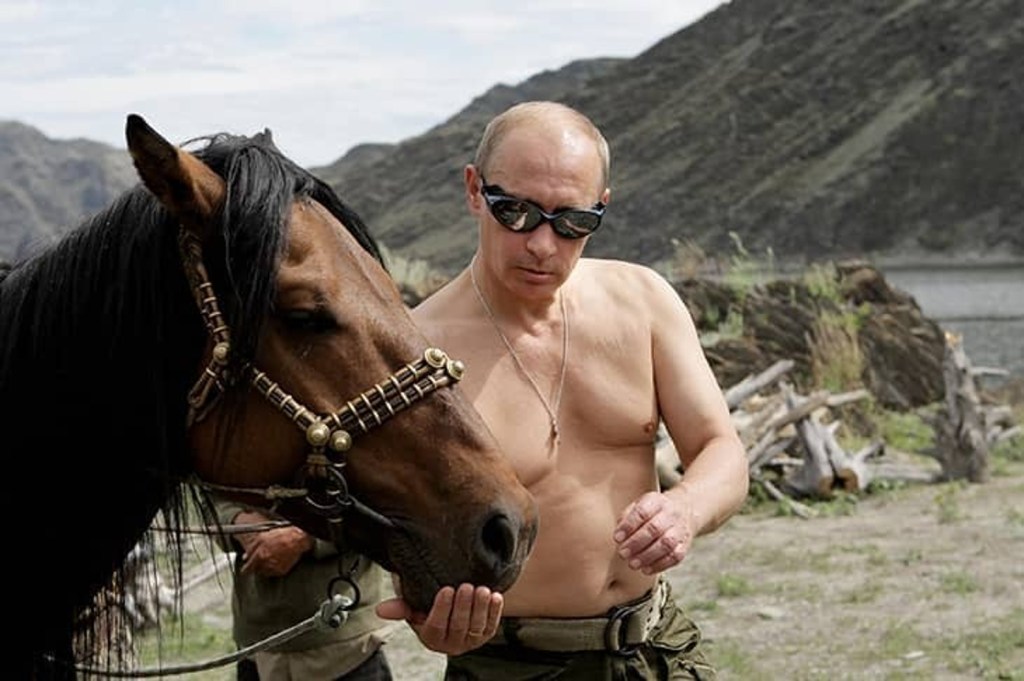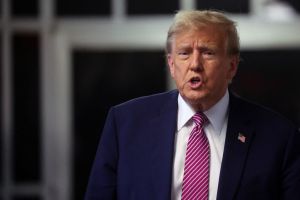Is Putin a tyrant? Aristotle (384-322 BC) might well have thought so. Seeing the turannos as a deviant type of king, Aristotle tested the distinction under four headings. Was he subject to the law? Did he rule for a set term, or for ever? Was he elected? And did he rule over willing subjects? We may judge Aristotle’s answer from the image he drew of the tyrant as a master of slaves who, knowing that his subjects hated him, did everything in his power to ensure they were incapable of moving against him.
First, therefore, the tyrant stamped on anyone exhibiting the slightest independence of mind, since “the man who rivals the tyrant’s pride and spirit of freedom robs the tyrant of his position of mastery, undermining his authority.”
Second, because tyrannies were ended “when people come to trust each other, command confidence among themselves and others, and do not inform against one another,” he must “make war on decent, upright citizens” and “set them against each other,” creating a culture of fear, suspicion and mistrust.
Third, he must ensure the destruction of any power bases that might challenge his authority: so “clubs and societies must be closed down together with all places where men pursue learning together,” for they are the “breeding-grounds of independence and courage.” As for the people, “their attention must be diverted from plotting”: so they must be kept “poor and fully occupied in making a living or else in fighting wars, to be successful in which requires them to look to their leader.”
Finally, the tyrant had “no public interest except what is conducive to his private ends” and that was acquiring the riches that would enable him to stay in power. As a result, the tyrant was wary of honest, candid friends “on the grounds that they more than anyone have the power to do what his enemies merely wish.” So only “toadies and flatterers” had access to him. (Putin’s oligarchs, entrusted with protecting the billions he has stolen from state coffers, perfectly fit that description.)
Not a bad analysis of the murderous president of the Russian Federation.
This article was originally published in The Spectator’s May 2022 World edition.


















